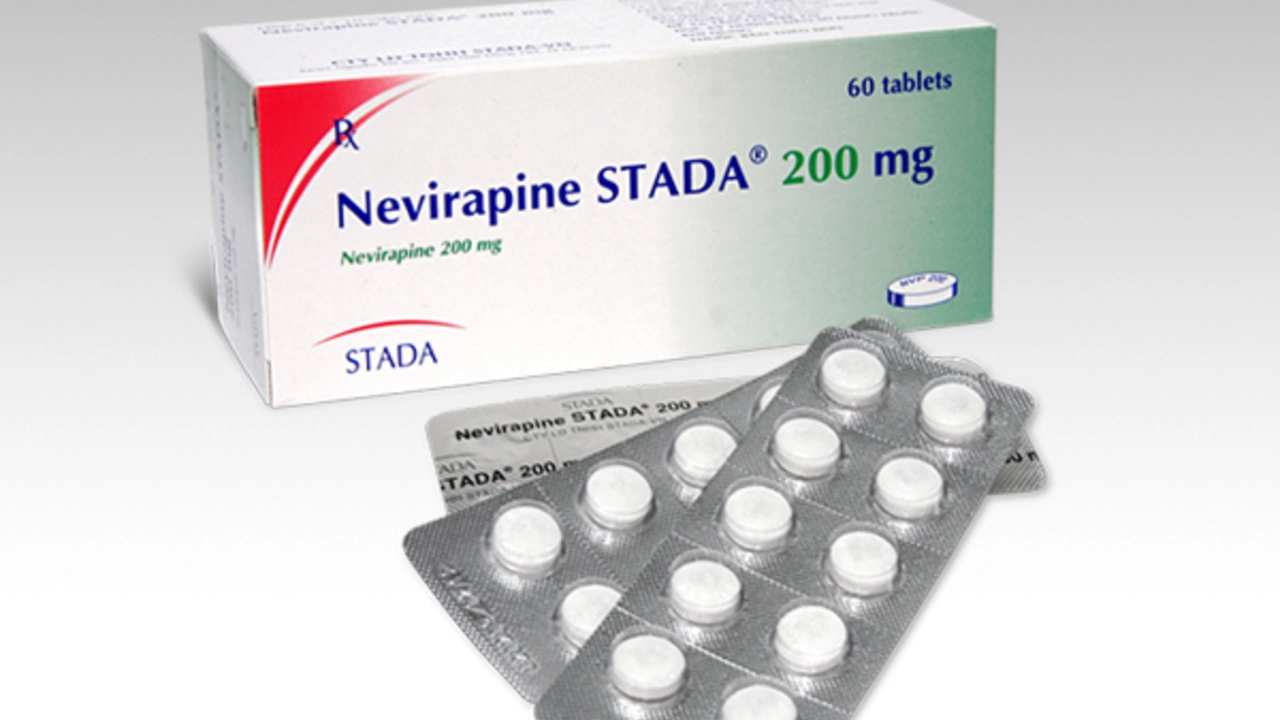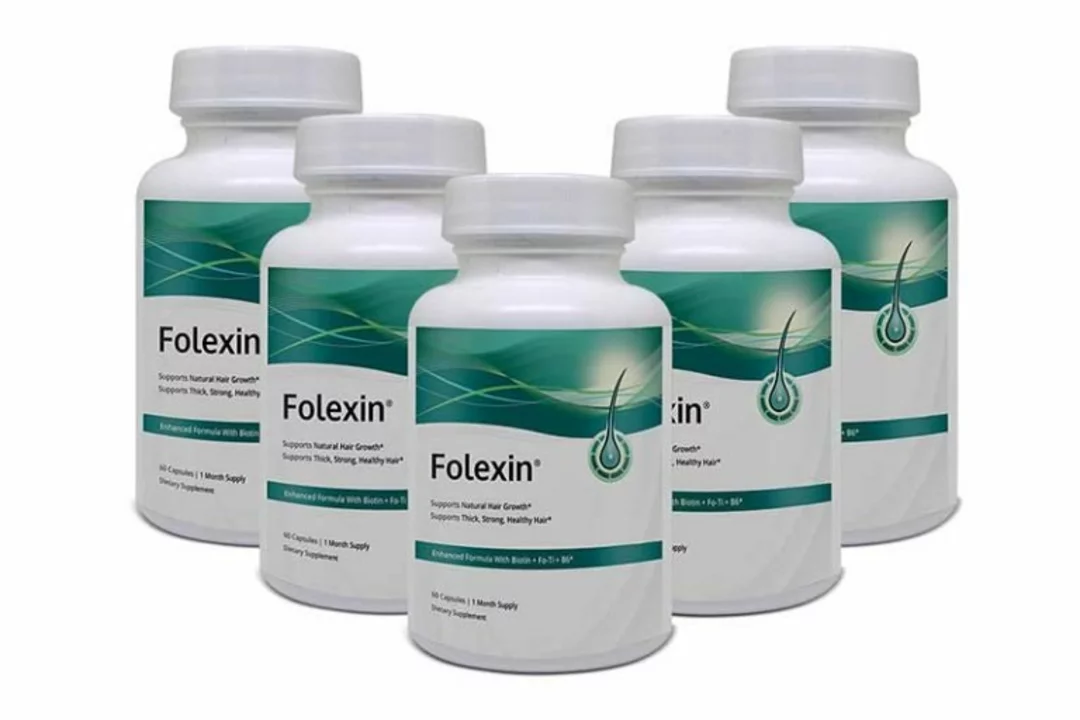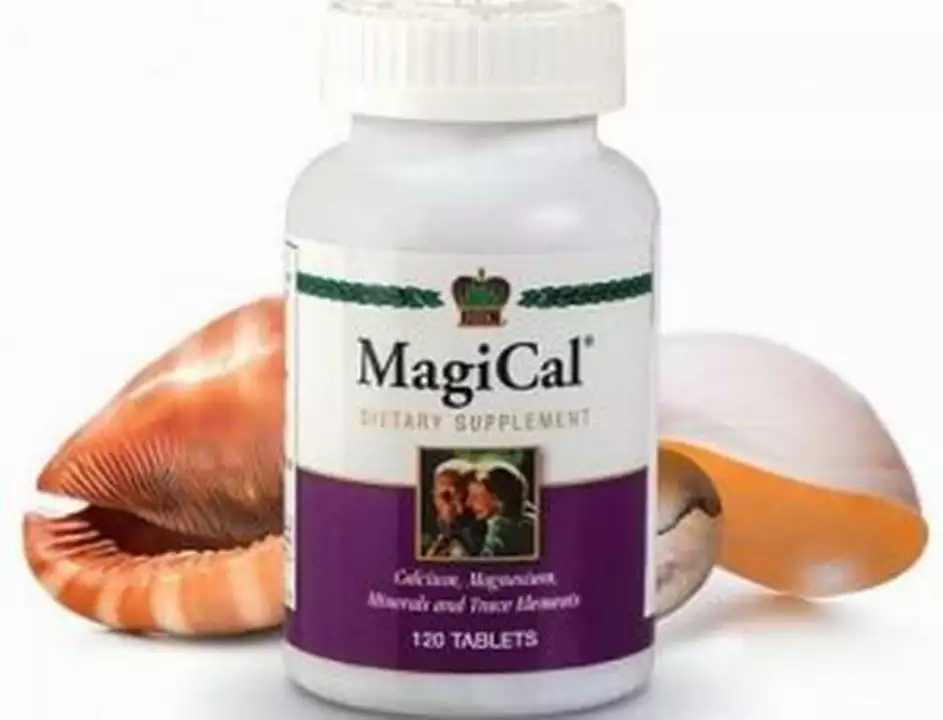June 2023 Archive — Practical takeaways on medicines and supplements
June brought a mix of prescription medicine reviews and herbal supplement guides. You’ll find clear practical notes here: what works, what to watch for, and when to talk to a clinician. Below I sum up each post and give straightforward safety and usage tips you can use right away.
Prescription medicines: what the posts said and what to watch
Nevirapine: The June piece traces its rise as an affordable HIV drug that cut mother-to-child transmission. The key point? It works well in combos but can harm the liver and cause serious skin reactions in some people. If you or someone you care for is on nevirapine, insist on regular liver tests and report any rash or flu-like symptoms immediately.
Betamethasone and acne: This post warns that potent corticosteroids reduce inflammation fast, but they’re not acne treatments. Topical steroids can thin skin, boost oil in some areas, or cause steroid acne with prolonged use. Use short courses only when a doctor prescribes them and avoid self-treating ordinary acne with steroids.
Etodolac for ankylosing spondylitis: Etodolac, an NSAID, helps pain and stiffness and can be part of a broader plan with exercise and physical therapy. Remember NSAID risks—stomach irritation, bleeding, and kidney effects—so discuss stomach protection, dosing limits, and check-ups with your doctor, especially if you take other meds.
Herbs and supplements: benefits, doses, and real cautions
Scotch Broom: The guide covers proposed benefits and practical dosing but stresses caution. Herbs can interact with blood pressure and heart meds and may cause side effects. Never mix scotch broom with prescription drugs without checking with a pharmacist or doctor. Start low, watch for dizziness or palpitations, and stop if you feel off.
Coltsfoot: Often praised for soothing coughs and supporting breathing, coltsfoot has active compounds that can help short-term. One big caution: some coltsfoot products contain liver-harming pyrrolizidine alkaloids. Use standardized, PA-free extracts when available, avoid long-term use, and consult a clinician if you have liver disease or take other medications.
Bryonia: Readers reported better digestion and reduced joint discomfort, but the write-up keeps it realistic—effects vary. Treat bryonia like any supplement: verify product quality, follow recommended dosing, and stop if you notice new symptoms. Pregnant or nursing people, and those on multiple meds, should check with their provider first.
Want a quick next step? Pick the post that matches your interest, read the full article for dosing and deeper safety notes, and bring questions to your clinician. If you use any of these medicines or herbs, tracking symptoms and lab checks will keep you safer and help your provider make better decisions.






